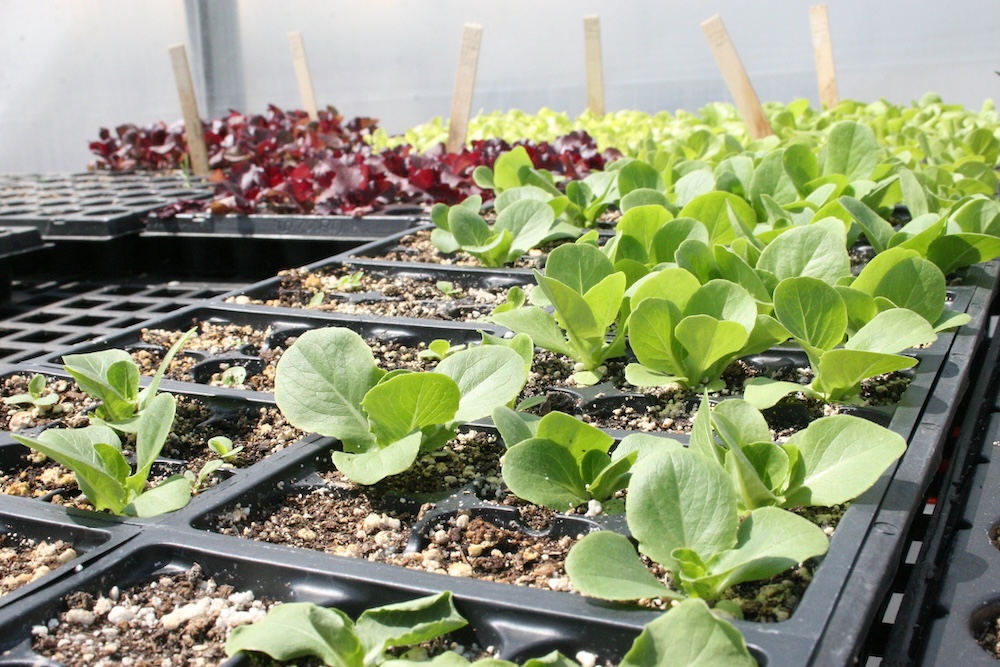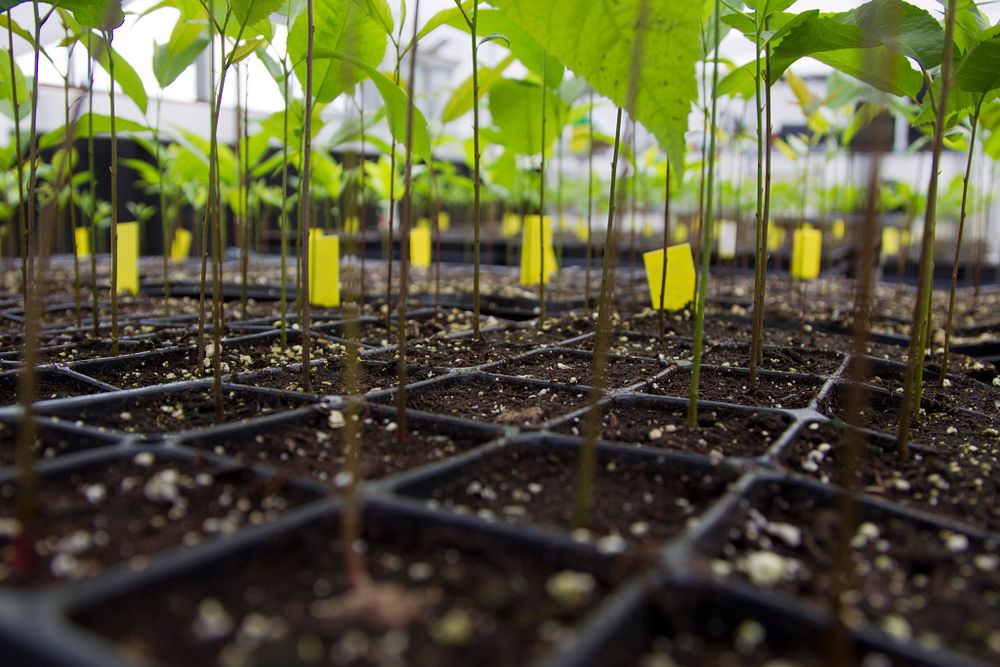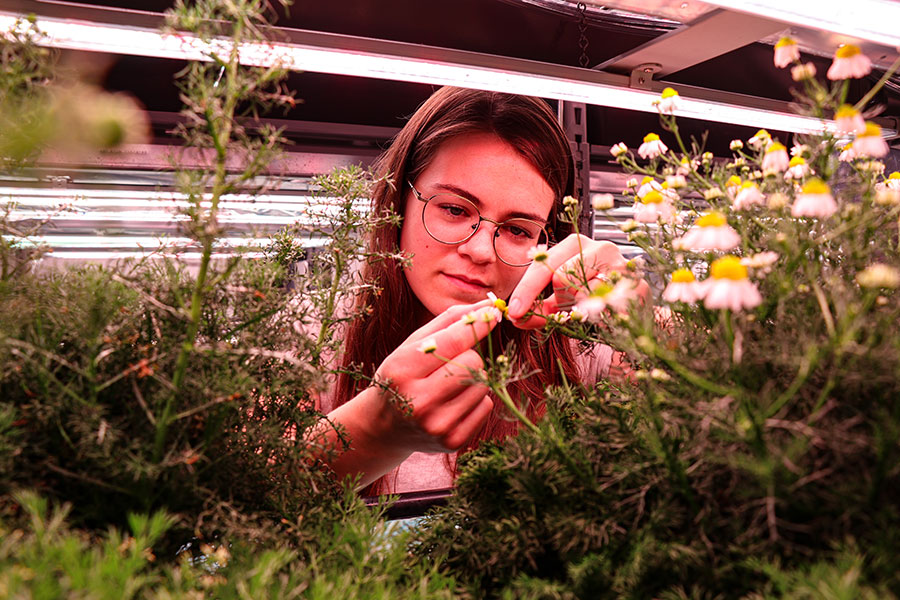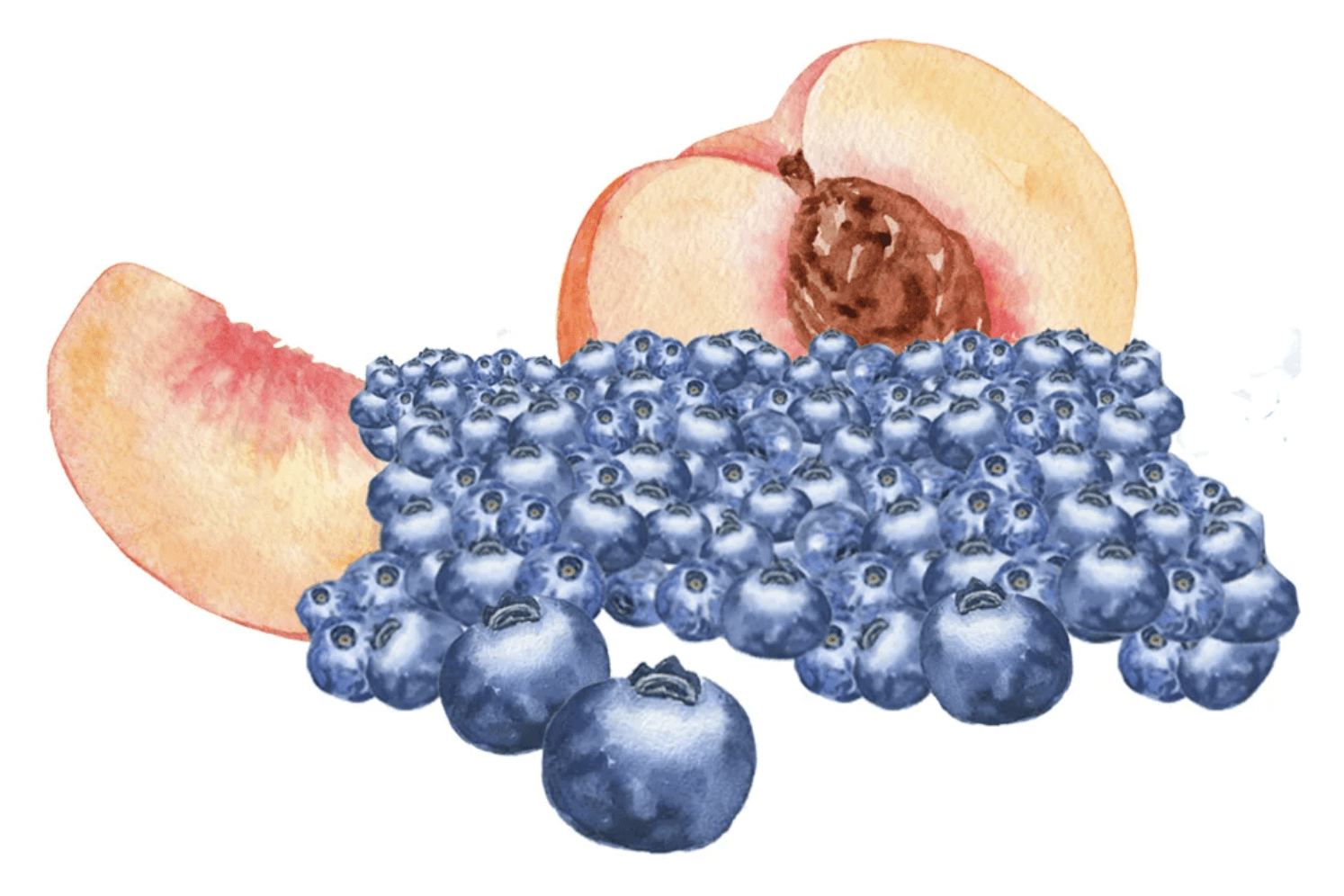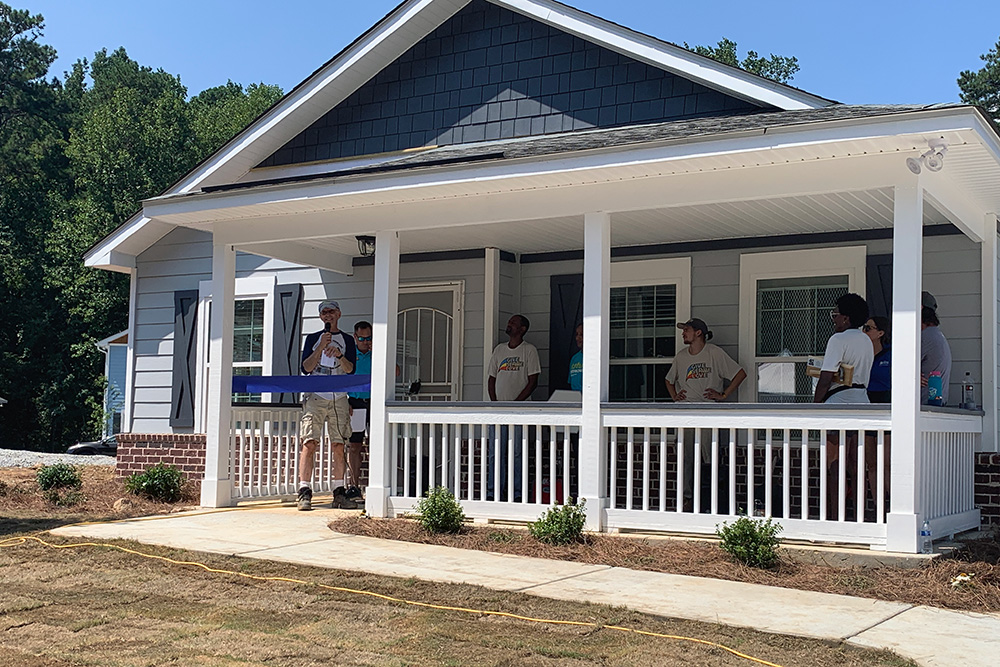
On a stormy day in September 2009, a crew of Central Fulton Master Gardeners (CFMG) were nearly knee-deep in mud, installing landscaping on their first house for a partnership with Atlanta Habitat for Humanity. It was not how anyone envisioned the project kick-off.
More than 14 years later, CFMG has maintained its commitment to the organization, completing its 500th Habitat project — a fitting milestone as the national Extension Master Gardener program celebrates its golden jubilee this year.
“This is a wonderful opportunity to use our skills as Master Gardeners trained by the University of Georgia to in turn train Habitat for Humanity volunteers,” said Rich Sussman, Master Gardener and coordinator of the Habitat partnership program. “Some have gardening experience; others have never put a shovel in the ground. But at the end of the day, we’ve shared knowledge with the volunteers and the new homeowner.”
Preparing new homeowners for successful landscaping
CFMG averages 40 to 45 Habitat for Humanity landscaping projects each year. Three to four months before each project, Atlanta Habitat for Humanity will reach out with upcoming needs. Sussman then puts a call out to CFMG — each project needs at least two or three Master Gardeners to be successful.
“We manage 15 to 35 (Habitat for Humanity) volunteers for each home. It’s not only how to plant, but a lot of people skills,” Sussman said. “The new homeowner is also there during the planting and they receive a book created by CMFG that includes information sheets on each plant, a watering schedule and the UGA turf maintenance calendar so they can continue care once they’ve moved in.”
Volunteers plant trees and a rain garden, as required by the city of Atlanta, as well as shrubs and flowers. They also lay sod or put down grass seed. Oaks and maples are the most frequent trees used, and Sussman ensures that the trees are planted correctly. “It is an educational opportunity to not only tell how we do things, but why we do it,” he said.
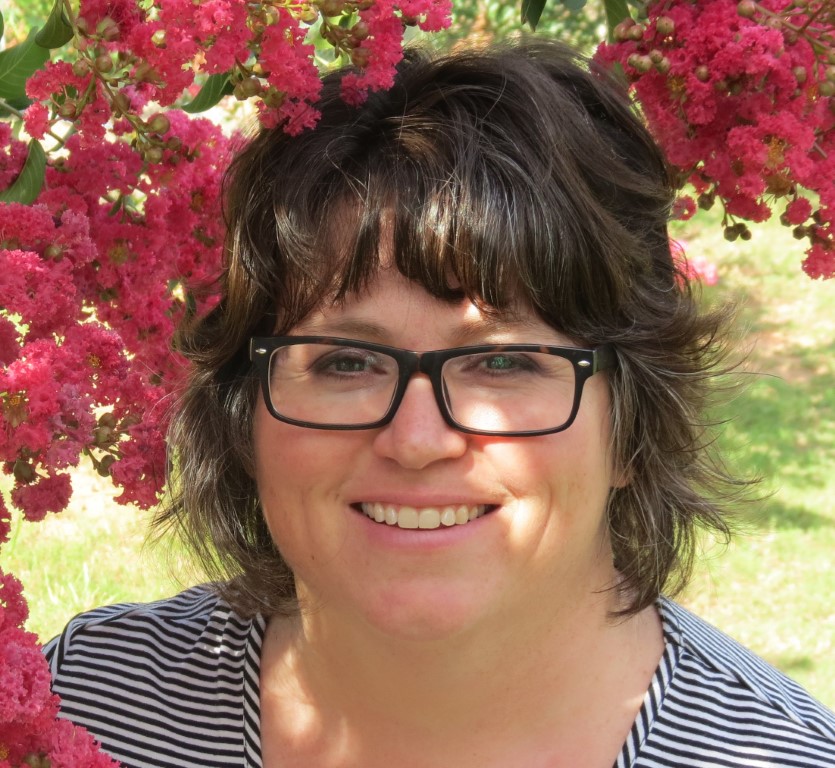
Sheri Dorn, UGA Cooperative Extension specialist for consumer ornamental plants and the state coordinator for the Georgia Master Gardener Extension Volunteer Program, adds that Master Gardeners are essential to helping UGA Extension share research-based information about caring for gardens and landscapes.
“Not only do they share information and knowledge but, in projects like this one, Master Gardeners actually come alongside and actively demonstrate planting and care techniques,” Dorn said.
Celebrating the 500th home
Sussman and his team knew the milestone home was quickly approaching. At the pace they were going, the project might have been completed in 2021, if it had not been for operational changes due to the COVID-19 pandemic. Habitat for Humanity cut back on volunteers and the overall number of homes being built during the pandemic.
“It was overwhelming when we finally did it,” Sussman said. “This is a project that CFMG has devoted themselves to. They are willing to work, and we use so much that we have learned during our training and continuing education that we can then use in this job to help Habitat, the homeowners and volunteers. Everything we have learned is put together in this project.”
Learn more about the Georgia Master Gardener Extension Volunteer program at extension.uga.edu.

